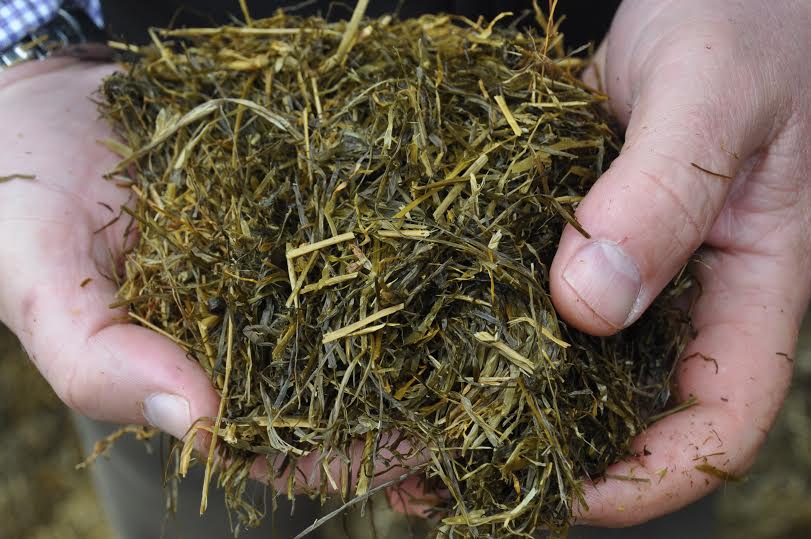
Low sugars and high nitrogen levels in grass crops following the cold, dull spring could compromise fermentation of first cut silage in some clamps this season, a silage scientist is warning.
According to Philip Jones, research and development manager for Ecosyl, although recent brighter weather may have raised sugar levels in grass by increasing photosynthesis, crops have still had 15 weeks of dull conditions where sugar production would have been limited.
That, in turn, would have reduced the sugars available for fermentation into acid to ‘pickle’ the silage, he notes.
Added to that, slow grass growth during colder conditions earlier in spring could mean nitrogen hasn’t been fully converted by the crop into protein, he adds – leaving high nitrate levels in grass.
This causes a reduction in sugars and increase in ammonia, both of which will make fermentation more difficult, Mr Jones notes.
"Effective wilting before ensiling can help with both problems," says Mr Jones.
"Firstly by concentrating the sugars that are available for fermentation, but also because wilting reduces the amount of sugar required to achieve a stable pH.
"These types of conditions also add to the argument for using a homo-fermentative silage inoculant.
"That’s because you’re adding beneficial bacteria to maximise the conversion of available sugar to acid to reduce the pH as quickly as possible.
"Delaying cutting to allow crops to produce more sugars will also help the fermentation, but remember if you leave cutting too late and grass starts heading then digestibility will fall."
Where farmers were late applying slurry to grass crops this season, Mr Jones says that could add to the problems of excess nitrate, as well as adding undesirable micro-organisms such as enterobacteria and clostridia.
"This further adds to the argument for ensuring the fermentation gets going as quickly as possible, because a rapid pH fall inhibits undesirable bacteria," says Mr Jones.
"If you’re concerned about high nitrate levels, it may be worth getting crops tested.
"Overall, the odds could be stacked against a good fermentation this season, so you need to do as many things as possible to counteract this.
"With the drive to maximise the use of home-grown forage on many livestock farms as one of the cheapest feeds available, it’s important to maximise silage consistency."
